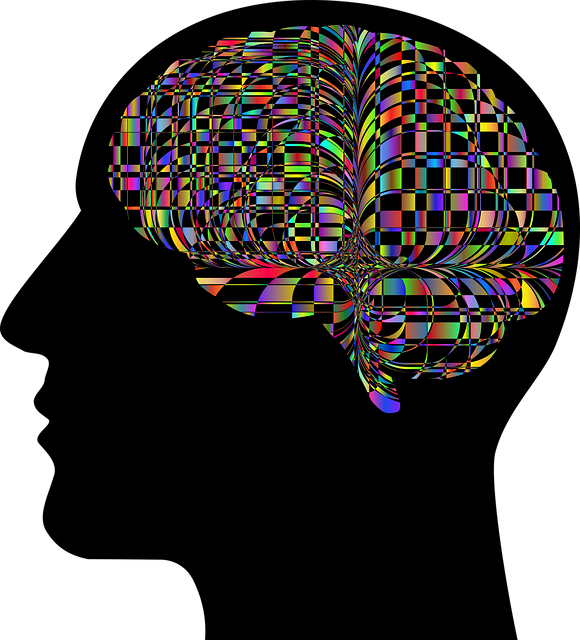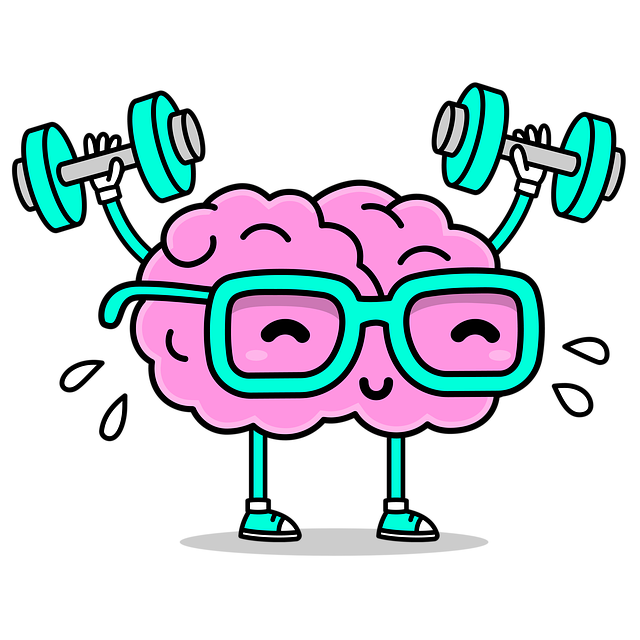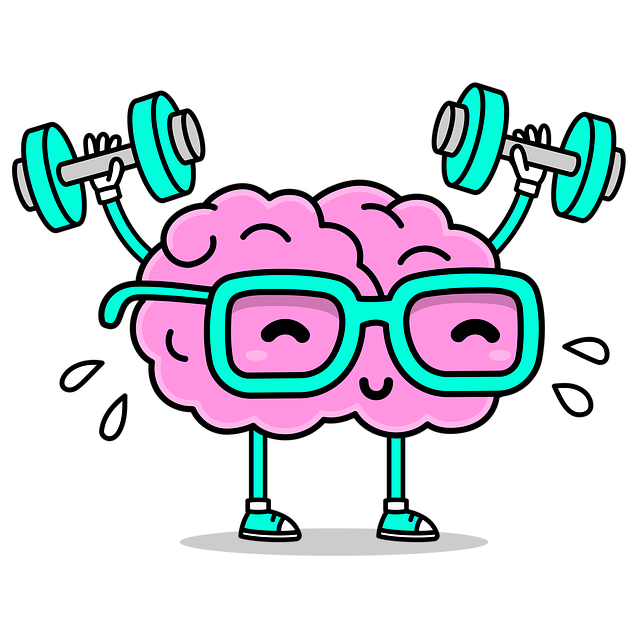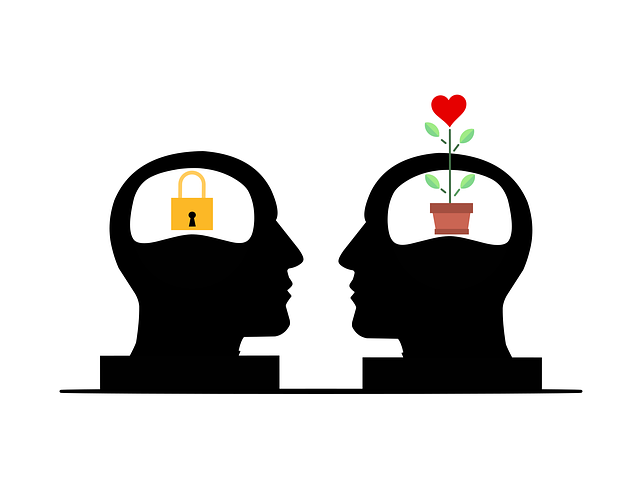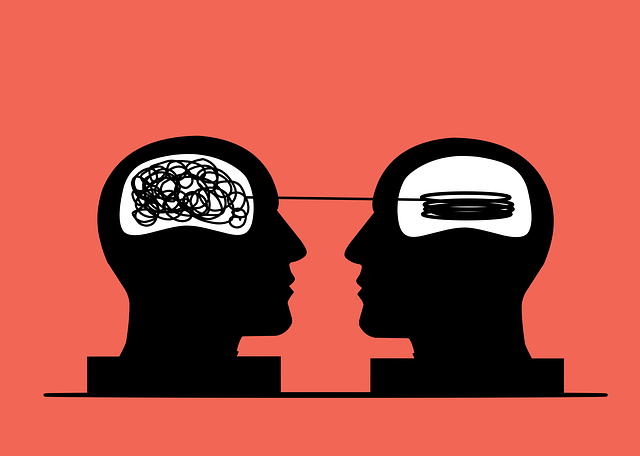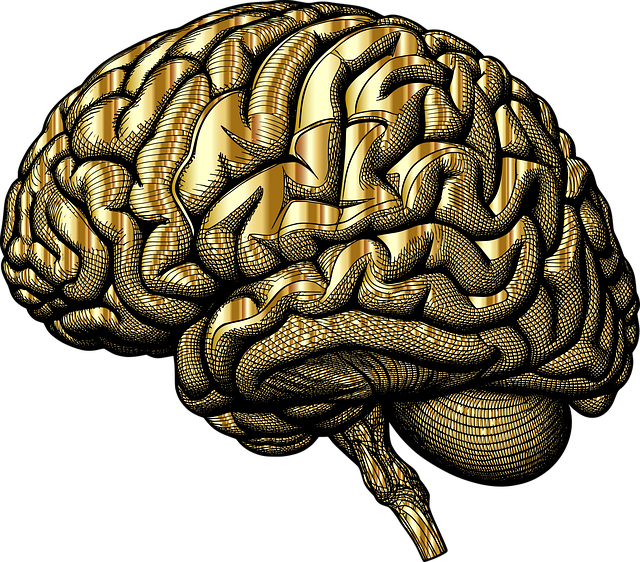Emotional Intelligence (EI) is a powerful tool for personal growth and well-being, especially beneficial in Wheat Ridge Obsessive Compulsive Disorder (OCD) Therapy. Cultivated through training and inner strength development, EI enhances coping mechanisms, communication, relationships, and social interactions, fostering deeper connections and reducing isolation. Key components include self-awareness, empathy, and conflict resolution techniques, all of which improve emotional management, decision-making, and empathetic care in therapy settings. Mental wellness journaling exercises, similar to OCD therapy, promote emotional awareness and understanding, while cultural competency training ensures compassionate care for diverse patient populations.
Emotional intelligence (EQ) is a powerful tool for personal and professional growth. Understanding and managing your emotions effectively can significantly impact your relationships, mental health, and overall well-being. This article explores key aspects of EQ development, including self-awareness, empathy, and emotion regulation. By delving into these areas, we aim to equip folks with strategies to enhance their emotional intelligence, even those dealing with Wheat Ridge OCD Therapy, fostering healthier connections and improved mental resilience.
- Understanding Emotional Intelligence and Its Impact
- Identifying and Managing Emotions Effectively
- Enhancing Self-Awareness: The Foundation of EQ
- Developing Empathy: Connecting with Others Through Emotional Intelligence
Understanding Emotional Intelligence and Its Impact

Understanding Emotional Intelligence (EI) is a powerful tool for personal growth and well-being, especially when considering challenges like Wheat Ridge Obsessive Compulsive Disorder (OCD) Therapy. EI refers to the ability to recognize, understand, and manage one’s own emotions as well as empathize with others’ feelings. It involves self-awareness, social awareness, relationship management, and resilience – skills that can be cultivated through Social Skills Training and inner strength development strategies.
Developing emotional intelligence has a profound impact on various aspects of life. For individuals seeking OCD therapy in Wheat Ridge, improved EI can enhance coping mechanisms, foster better communication during therapy sessions, and strengthen relationships. It empowers people to navigate social interactions with more confidence, fostering deeper connections and reducing feelings of isolation. In essence, cultivating emotional intelligence is a transformative process that builds resilience and promotes overall mental health.
Identifying and Managing Emotions Effectively

Emotional intelligence (EI) involves recognizing, understanding, and managing our own emotions as well as those of others. This skill set is crucial for navigating relationships, resolving conflicts, and achieving personal growth. One effective strategy to build EI is through mental wellness journaling exercises, which encourage self-reflection and emotional awareness. By documenting thoughts and feelings regularly, individuals can gain insight into their emotional patterns, triggers, and responses—a fundamental aspect of Wheat Ridge obsessive-compulsive disorder (OCD) therapy. This process facilitates better emotional management by identifying unhealthy coping mechanisms and promoting more adaptive strategies.
Furthermore, engaging in conflict resolution techniques often requires a deep understanding of underlying emotions. By learning to identify and express feelings openly and constructively, individuals can enhance their ability to manage intense situations. Mental health policy analysis and advocacy also play a role in fostering emotional intelligence on a broader scale by advocating for resources and programs that support mental wellness, including access to therapy and counseling services.
Enhancing Self-Awareness: The Foundation of EQ

Self-awareness is the cornerstone of emotional intelligence and forms the very foundation upon which other EQ skills are built. It involves recognizing and understanding your own emotions, strengths, weaknesses, values, and motivations. By enhancing self-awareness, individuals can gain profound insights into their thought processes, triggers, and responses to various situations. This knowledge empowers them to make conscious choices rather than reacting impulsively, which is especially beneficial in managing conditions like Wheat Ridge Obsessive Compulsive Disorder (OCD) Therapy.
For mental health professionals, cultivating strong self-awareness through risk management planning, crisis intervention guidance, and stress reduction methods can significantly improve their ability to support clients. It enables them to provide more empathetic and effective care by recognizing and addressing their own emotional states, thereby creating a safe and supportive environment for their patients.
Developing Empathy: Connecting with Others Through Emotional Intelligence

Developing empathy is a cornerstone of emotional intelligence and can significantly enhance our connections with others. It involves understanding and sharing the feelings of those around us, fostering deeper levels of communication and support. This ability to connect on an emotional level is particularly valuable in diverse environments, such as places offering Wheat Ridge OCD therapy, where cultural competency among healthcare providers is essential. When therapists demonstrate empathy, they create a safe space for clients to express their struggles openly, encouraging positive thinking and building trust.
By practicing active listening and observing non-verbal cues, individuals can enhance their empathetic skills. This not only improves interpersonal relationships but also promotes effective stress reduction methods. In the context of healthcare, cultural competency training plays a vital role in helping providers understand and appreciate the unique emotional needs of diverse patient populations, ensuring that care remains compassionate and tailored to individual experiences.
Emotional intelligence, a powerful tool for personal and professional growth, is accessible to everyone. By understanding and managing emotions, increasing self-awareness, and cultivating empathy, individuals can improve their relationships and overall well-being. Integrating these strategies into daily life—whether through therapy or personal reflection—can help break free from patterns like Wheat Ridge Obsessive Compulsive Disorder (OCD) and foster a more balanced, fulfilling existence. Through conscious practice, anyone can enhance their emotional intelligence and create positive change in their lives and communities.

